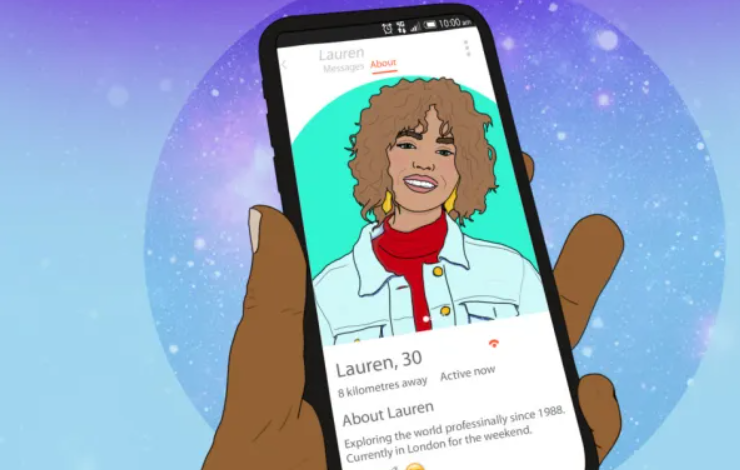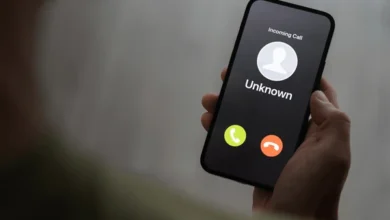Unveiling the Wokefisher: The Truth Behind Performative Allyship

Introduction to Performative Allyship
Many people and companies emphasize allyship in today’s social media-driven society. Allies now defend marginalized populations, promote equality, and oppose injustice. Hidden under this noble exterior is the development of the “wokefisher.”
Imagine someone who loudly supports social justice campaigns and initiatives. They may join rallies, post positive Instagram quotations, and share anti-discrimination articles. Things grow hazy when their deeds don’t match their words.
Welcome to wokefishing, the practice of performing allyship for attention or personal advantage rather than aiding underrepresented communities. We must expose this deceit and its effects.
Grab your metaphorical fishing net as we investigate wokefishing and its effects on communities!
The Rise of the
The concept of performative allyship has gained popularity recently. It brings “wokefishing.” a disturbing trend. This word describes people who claim to be socially and politically conscious to attract disenfranchised people.
Wokefishing is rising, making it more important to recognize. These people may use woke language on social media or do action without knowing or living their principles.
Desire for approval and validation may explain this. Today’s society values progressivism and inclusivity, hence individuals may mimic these traits to achieve favor.
Rise of influencer culture also perpetuates wokefishing. Influencers shape social justice trends and influence their followers’ beliefs. Sadly, some influencers use this power for personal advantage by performing allyship.
How to spot wokefishers? Check their statements and behaviors for discrepancies. Wakefishing occurs when someone pretends to support equality but engages in discrimination or ignores structural difficulties.
Also, consider whether someone utilizes activism for aesthetics rather than change. Are they more concerned with looking socially conscious than making a difference?
Besides deception, wokefishing damages underprivileged groups who battle injustice daily. Performative acts without dedication or understanding demean these groups’ hardships.
Effective wokefishing prevention needs education and awareness. We must all learn about social justice concerns to recognize insincerity. We shouldn’t just use social media posts as indicators.
Signs of a Wokefisher
Wakefishers are hard to spot, but there are certain clues. Inconsistency in actions and ideas is a clear sign. A wokefisher may support social justice online but not in real life.
Performative allyship that seeks attention and reward rather than change is another symptom. Wokefishers typically engage in surface-level activism without learning about the issues.
Wokefishing can also exploit marginalized populations. They may use photographs or stories of these communities to promote their business.
Additionally, observe how someone reacts to criticism. True allies take responsibility and learn from their mistakes, while wokefishers may be defensive or dismissive.
These red indicators are not proof of wokefishing, but they are worth examining. It’s important to talk to the person and learn their motives before making assumptions.
Impact of Wokefishing on Marginalized Communities
Wakefishing can have serious effects for underprivileged populations. Wokefishing perpetuates dishonesty and hinders meaningful allyship.
Wakefishing trivializes oppressed groups’ struggles by professing to support social justice movements. This theatrical behavior minimizes their experiences and ignores their need for support and compassion.
Wakefishers often fill places that could have been occupied by genuine allies who want to end structural oppression. They waste resources and time on misrepresenting as allies instead of fighting for constructive change.
Wakefishing affects more than just individuals. It undermines trust in vulnerable populations and makes people who give support suspicious. Mistrust hinders social justice activities because people are afraid of potential allies.
When firms or influencers use wokefishing in their marketing, they contribute to exploitation and tokenism. This commodifies activism and turns social justice issues into profit trends.
Wakefishing harms underprivileged populations greatly. Maintaining damaging preconceptions and trivializing human experiences inhibits genuine allyship. To build true allies that appreciate and promote systemic oppressed people, this phenomenon must be recognized.
How to Combat Wokefishing
After recognizing wokefisher indications, you may be asking how to tackle this nasty behavior. Don’t worry—you can defend yourself and hold performative allies accountable.
You should learn about underrepresented communities’ experiences. Listening to their tales and boosting their voices might help you comprehend their daily struggles.
Call out wokefishers when you see them. If someone seems to be using activism to get attention or fame, challenge their goals on social media or in person.
Sharing their work and providing time or resources helps true activists. This raises awareness of genuine allies making actual change.
Remember that actions speak louder than words. Volunteer with equality and justice organizations for meaningful activism. Use your platform to help others, not yourself.
Encourage brands and influencers to choose authenticity over performance. Hold them accountable for wokefishing and demand transparency in their social change activities.
These efforts against wokefishing can help end this terrible activity and foster community unity.
Responsibility of Companies and Influencers
Companies and influencers shape public opinion and social change. With performative allyship on the rise, these entities must take responsibility and provide actual assistance.
Companies shouldn’t use social justice movements for marketing. Social media solidarity is not enough—organizations must transform. Instead, they should diversify their workforce, address systemic concerns, and meaningfully support minority communities to promote inclusivity.
Additionally, influencers must use their platforms wisely. They must learn about the topics they support and continuously highlight afflicted areas. Followers can spot insincere gestures.
Companies and influencers should disclose their partnerships and collaborations. This establishes intentions and prevents wokefishing allegations.
Additionally, these groups must actively listen to marginalized community feedback. By truly interacting with folks who have experienced oppression or discrimination, companies and influencers can learn how to contribute positively without abusing issues.
Companies affect social norms, thus they must be responsible for their words and behavior. Celebrities should also use their platform legitimately rather than as a fad.
Instead of wokefishing, firms and influencers may improve society and build customer trust by demonstrating genuine allyship.
Conclusion: Moving Towards Genuine Allyship
As we navigate social justice movements and allyship, we must be watchful of performative actions that impede progress. The growth of wokefishing has highlighted the need for genuine assistance for oppressed populations.
We must first recognize the indications and actions of wokefishing to fight it. We may avoid being exploited by those who exploit our issues by detecting red flags like shallow virtue signaling, inconsistency, and a lack of accountability.
Additionally, underprivileged communities must have their perspectives and experiences heard. We may maintain genuine allyship by emphasizing these persons in social justice discussions.
Companies and influencers who shape public perception are also responsible. Brands must fight wokefishing by aggressively assessing partnerships and collaborations for values congruence rather than cosmetic diversity or inclusion.
Followers should hold influencers accountable. When influencers’ online and IRL behavior differ, it’s crucial to examine their objectives and demand transparency.
Self-reflection, education, empathy, and humility are needed to become an ally. It urges us to go beyond surface-level support and take action to empower marginalized groups and confront fundamental injustices.
We can foster actual solidarity and equality by ending performative allyship tactics like wokefishing. Let us become genuine allies who listen and advocate wholeheartedly for individuals whose rights have been denied for too long.



